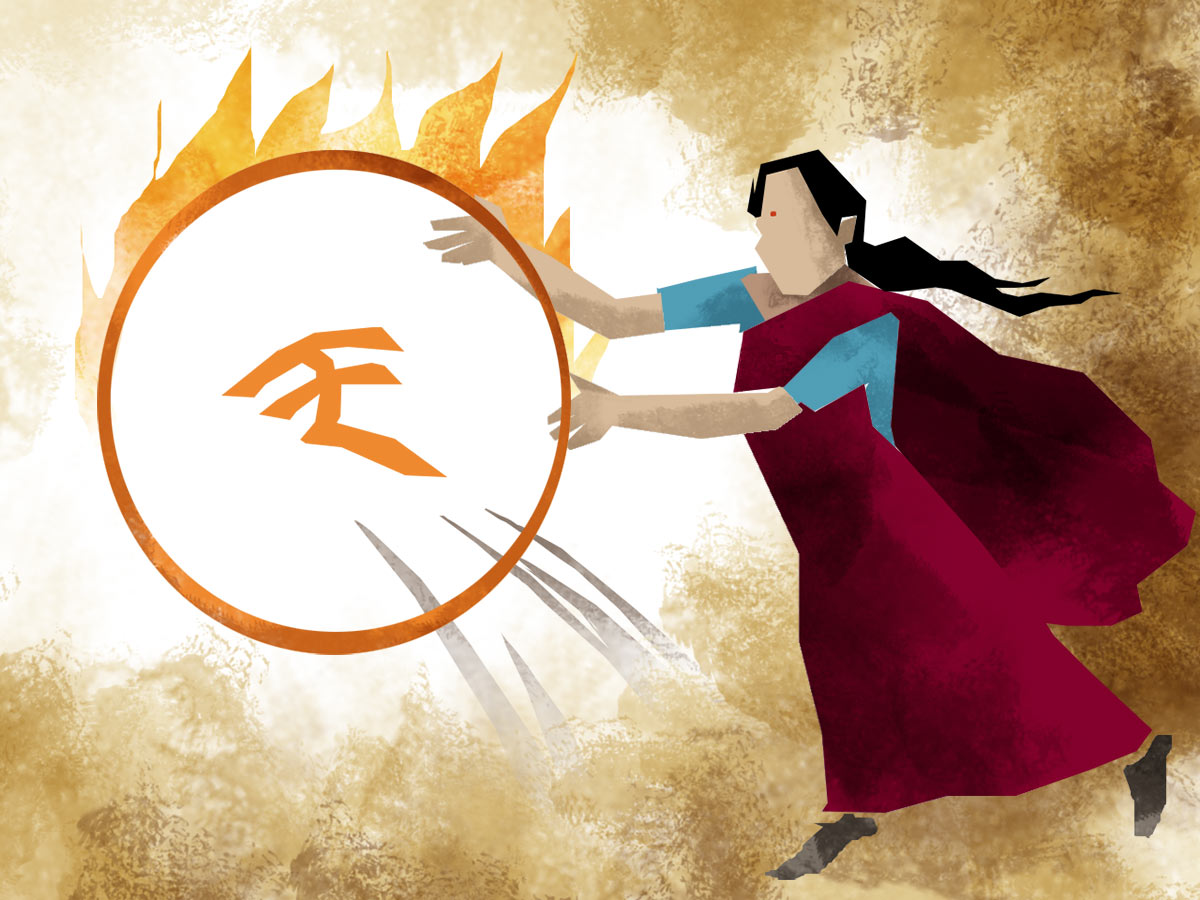Securities transaction tax on F&O contracts to be hiked
The government on Friday proposed hiking the securities transaction tax on Futures & Options (F&O) contracts, a move that will increase the trading costs in the derivatives segment as well as help in curbing excessive trades.
In the Finance Bill 2023, passed by the Lok Sabha on Friday, the Securities Transaction Tax (STT) on options is proposed to be increased to 0.0625 per cent from 0.05 per cent and on futures contracts to 0.0125 from 0.01 per cent.
Analysts opined that higher STT will shore up the government’s revenues to some extent and also discourage excessive trading since a large number of retail traders are losing money in the segment.
After the Lok Sabha cleared the Finance Bill, which has 64 official amendments, the finance ministry issued a statement saying that there was a typographical error in the amendments with respect to the change in STT on option trading.
The error, the finance ministry said, will be rectified in accordance with the extent procedure of the Government of India.
As per the amendments, the STT on options has been increased from 0.017 per cent to 0.021 per cent.
“In case of STT, the rate is proposed to be changed from 0.05 per cent to 0.0625 per cent.
“There was a typographical error which is being corrected,” the ministry said.
Sunil Gidwani, Partner at Nangia Andersen LLP, the hike in STT would impact the traders in a big way.
“STT rates on the sale of options increased from 0.05 per cent to 0.062 per cent and on the sale of futures increased from 0.010 per cent to 0.0125 per cent levying additional burden for the traders,” he said.
Deepak Jasani, Head of Retail Research at HDFC Securities, said the proposed increase in STT will shore up the government’s revenues to a certain extent.
However, the main idea behind the move could be to discourage the excessive trade in F&O segment where a large number of retail traders end up losing money, as per a recent Sebi study, he noted.
“An incidental effect of this could be shifting the F&O trades to SGX, Gift and other locations that do not attract such taxes for participants who have access to them.
“Such a measure will have the intended effect of curbing excessive F&O trades only in flat/range bound markets as in volatile markets, traders will hope to offset the higher tax by higher payoff. In the past, such raising of taxes had a temporary minimal impact of F&O volumes,” Jasani said.
Commodity Participants Association of India (CPAI) President Narinder Wadhwa opined that high cost of transaction on equity and commodity trade may lead to a drop in volume and liquidity.
“Presently, we have very high transaction cost as compared to other foreign jurisdictions by way of CTT, GST, stamp duty, exchange charges besides levy of applicable capital gain tax/income.
“To make India a price setter for most of the commodities being produced/consumed in India, we have to keep our transaction cost low,” he said.
Industry body PHDCCI said STT hike is an untimely step, particularly in a time when the markets are experiencing turmoil.
It will have some impact on market sentiments and trading volumes.
“We request for more clarity as there were earlier notifications issued by the ministry which included a hike in the securities transaction tax (STT) on the sale of futures and options (F&O) contracts,” PHDCCI’s president Saket Dalmia said.
Rajesh Gandhi, partner, Deloitte India said the increase in STT will specially impact High Frequency Trading (HFT) and that any change in the cost structure has a material impact due to the thin spread in which HFT operate.
“Moreover, FPIs don’t get a deduction for STT while computing capital gains on derivatives.
“It seems the government wants to treat any income from debt investments as ordinary income and tax it at the highest rate,” he said.
According to Shrey Jain, Founder and CEO of SAS Online, the move may not have direct impact on retail traders but for scalpers Arbitrageurs and HFT (High Frequency Trading) firms transaction expense will go up by 25 per cent, which directly impacts their margins and bottom lines.
“Also, more than 90% volume in Indian markets originate from Scalpers, Arbitrage houses and HFT firms. Increase in their cost of trading in markets may impact the overall volumes and spreads for retail may go up,” he said.
He further noted that more than 90 per cent volume in Indian markets originate from scalpers, arbitrage houses and HFT firms.
“Increase in their cost of trading in markets may impact the overall volumes and spreads for retail may go up,” Jain added.
Equity benchmark indices Sensex and Nifty buckled under selling pressure to settle nearly 1 per cent lower on Friday.
“Today’s market witnessed volatility and ended with confusion among investors due to the recent announcement of an increase in taxes on debt mutual funds and option trading STT,” Prashanth Tapse, senior VP research at Mehta Equities Ltd, said.
For all the latest business News Click Here

